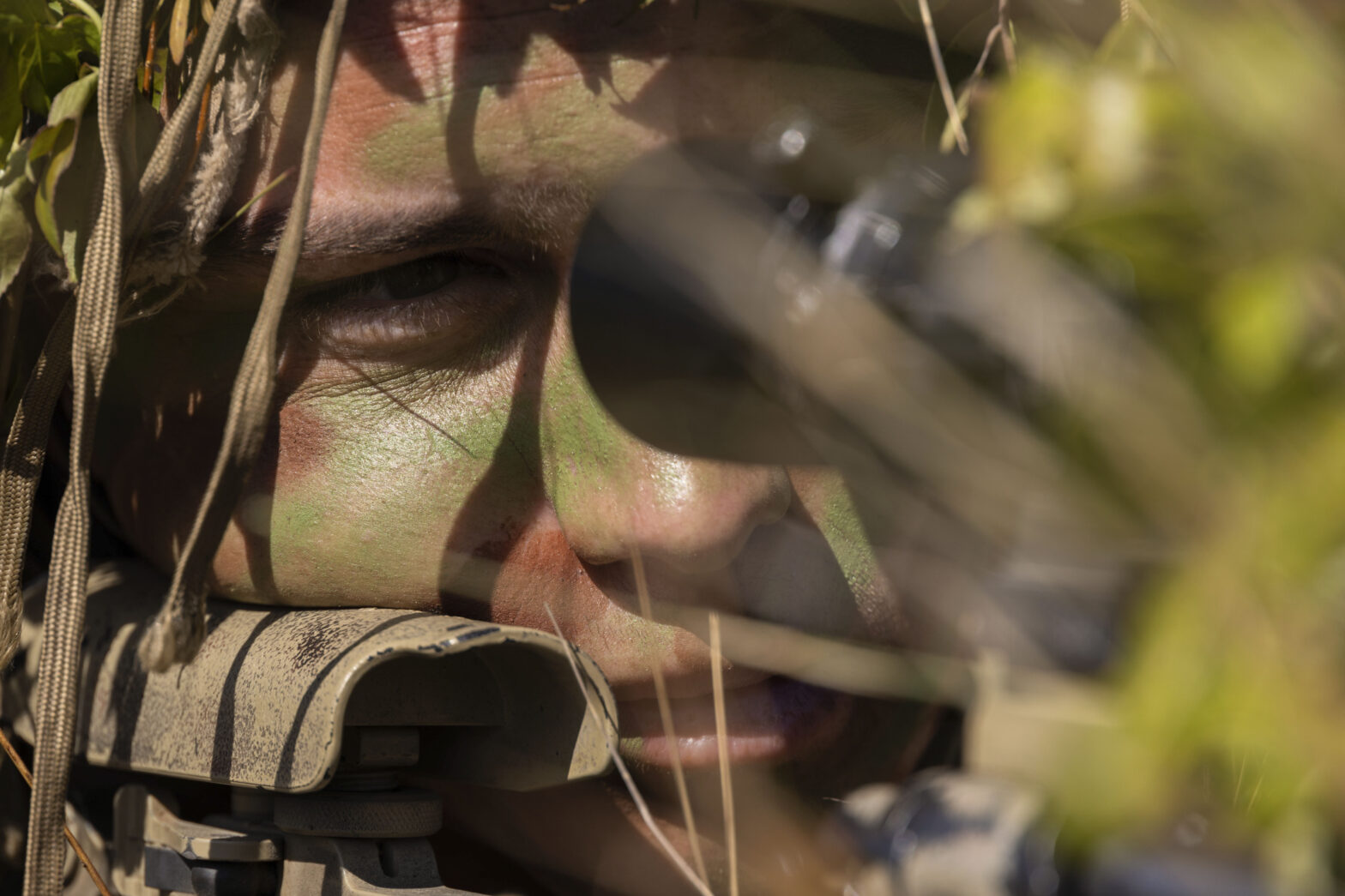One way we slow down is through muscle fatigue.
But muscle fatigue isn’t the only cause of slowing down. Our sensory systems fatigue as well.
When in a highly stimulating environment, our sensory systems are working overtime sending signals to our brain. Our brain then needs to interpret these signals and send information to our muscles on what to do.
This can be fatiguing just like muscle fatigue. Our sensory systems and brain get overwhelmed with information and can’t handle the load being placed on them.
Like muscle strengthening, the sensory systems and quick processing of a lot of information can be strengthened.
There are two steps to that process:
- Strengthen the sensory systems individually
- Strengthen the processing of the information from the systems.
Knowing the 4 situational awareness systems allows us to break down each systems role and train it with specificity.
Then we can train the processing of the sensory information by systematically adding the likely variables each of the situational awareness systems will be exposed to.
This training needs to be done in a systematic and specific way, just like training your muscles should be systematic and specific to your goals and role.
For example, you can train your visual system’s target following capabilities by increasing the speed and changing target direction.
Then you can train the speed at which YOU move while following the target.
Adding in background noise then creates even greater demand on processing- requiring you to filter out that auditory stimulus to focus on the target.
This scenario demonstrates how the sensory and processing stimulation is what will likely limit performance, not your fitness.
I see this frustration in the tactical community with a feeling of slowing down. You put in the work in the gym to maintain that high level of readiness, but often it is the sensory systems and processing fatigue that slow you down.
Repeated exposures to subconcussions impacts both the strength of the sensory systems and processing speed. While initially subtle, these cumulative impacts over time can significantly affect performance.
Training the sensory systems is important for performance for all of us. But it is especially important for the tactical community. Not only do you place the greatest demand on your sensory systems and have the most skin in the game when it comes to performance, but you are also exposed to many subconcussive forces that can chip away at this capability.
Train so that sensory and processing fatigue doesn’t slow you down.
